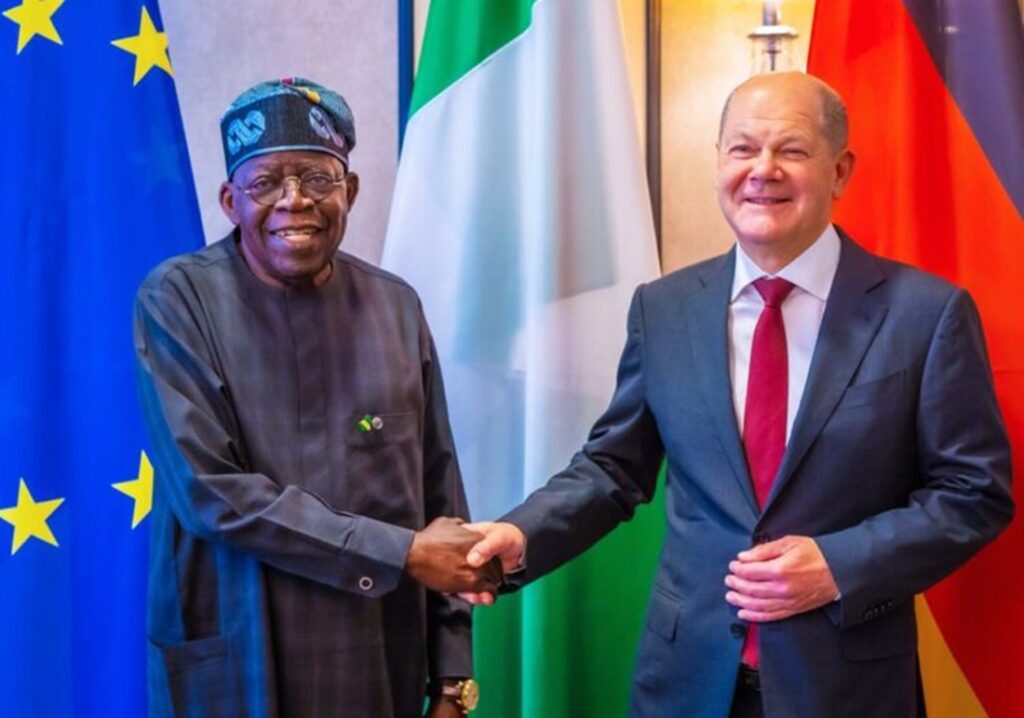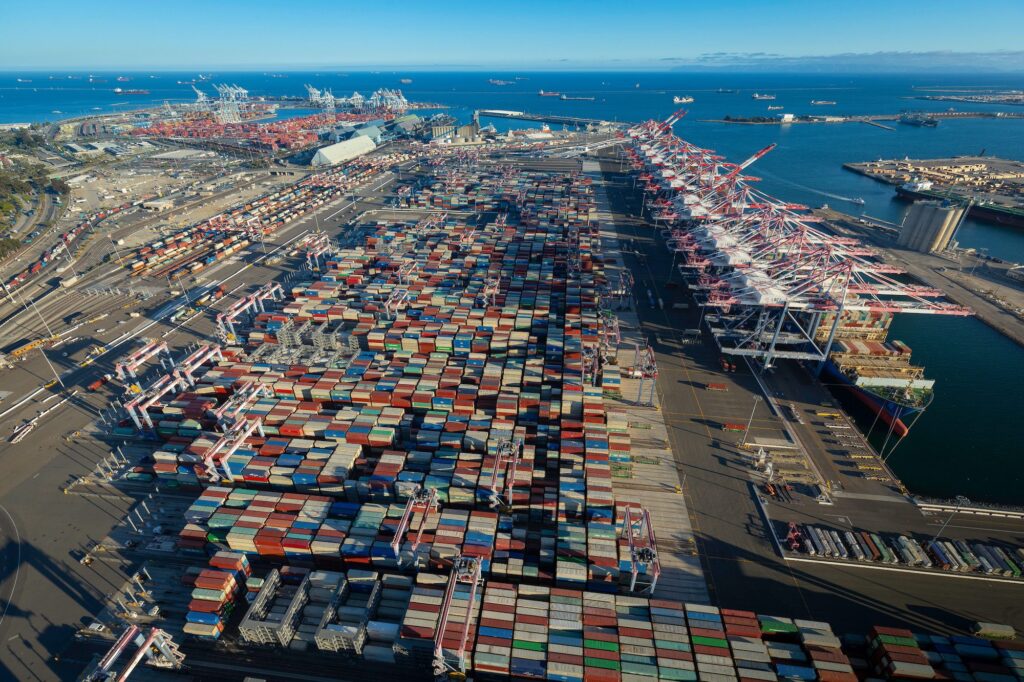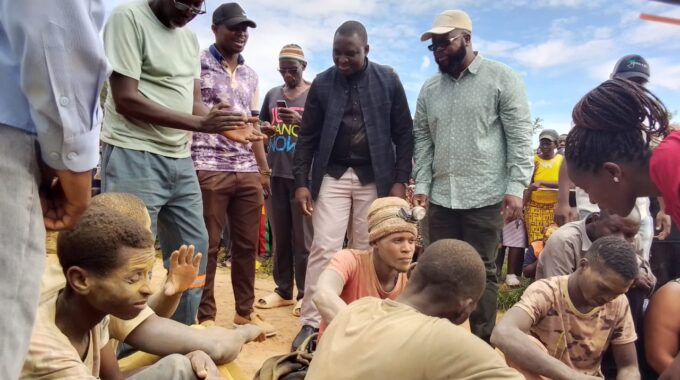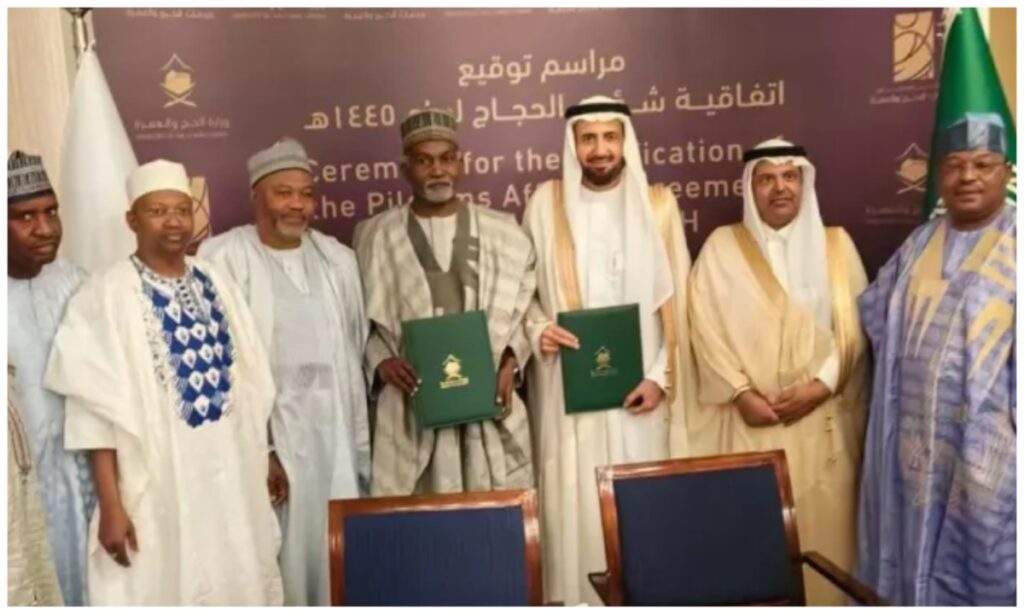President Bola Tinubu of Nigeria has called for German investment in critical areas of the Nigerian economy, particularly in the fields of electricity and rail transportation. The president made this request during a meeting with German Chancellor Olaf Scholz in Berlin on Monday, outside the G20 Compact with Africa Economic Conference.
In a statement released by the president’s spokesperson, Ajuri Ngelale, Tinubu emphasised the need for German investment in growth-enabling sectors such as transportation, energy, and the generation, transmission, and distribution of electric power. He highlighted the importance of accelerating the implementation of the Presidential Power Initiative, backed by Siemens, which aims to address Nigeria’s power challenges.
Tinubu expressed his commitment to pursuing all aspects of the Siemens power project and emphasised the potential skill development opportunities for Nigerian youth in sustaining the industry. He also suggested that Siemens could contribute to Nigeria’s rail network by supplying cutting-edge trains and railroads, drawing inspiration from the company’s ongoing project in Egypt, where it is constructing a 2,000 km ultra-high-speed rail network spanning 60 towns.
In response, German Chancellor Olaf Scholz expressed his willingness to move forward with the investment proposals. However, he emphasised the importance of addressing financial and administrative obstacles resulting from governance issues within the sector.
During the meeting, Tinubu also raised the topic of value-added processing in Nigeria’s solid minerals, agriculture, automotive industry, and other job-generating sectors. He highlighted the potential for enhancing these sectors through German collaboration, further emphasising Nigeria’s commitment to economic growth and job creation.
The meeting between President Tinubu and Chancellor Scholz reflects the mutual interest in strengthening economic ties between Nigeria and Germany. As discussions continue, both countries aim to explore avenues for collaboration and investment that will drive sustainable economic development and benefit the people of Nigeria.
This development marks an important step forward in attracting foreign investment and fostering partnerships to promote economic growth and address key challenges facing Nigeria’s infrastructure and industrial sectors.









No comment yet, add your voice below!